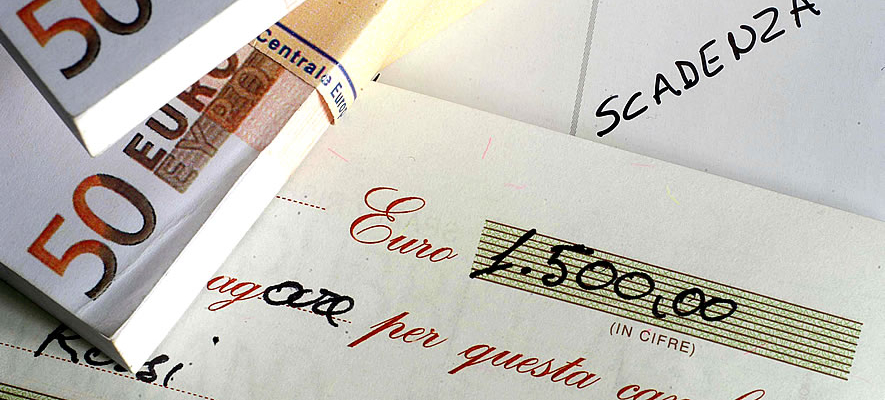There are 23.2 million euros (+29.6 percent over 2019) in funds allocated in 2020 to victims of extortion and usury, including about 3.7 million in the last quarter.
Specifically, more than 19.7 million euros went to victims of extortion and 3.5 million euros to victims of usury. A total of 539 applications for economic benefits were filed during the year: 284 for extortion and 255 for usury.
These are the data from the 2020 report of the Extraordinary Anti-Racket and Anti-usury Commissioner, Giovanna Cagliostro, which highlights how the Covid-19 pandemic has severely affected the lives of citizens, who have had to deal with a growing sense of precariousness and instability.
Among the “side effects,” the risk of social exclusion and the marginalization of so many struggling economic operators constitute a dangerous breeding ground for organized crime, which through daily offers of help, but also through intimidation and threats, attempts not only to pollute the economic fabric but to contend with the state for control of the territory.
The current emergency situation, destined to last for the coming months, has led the Office of the Special Commissioner to take new actions on behalf of victims of extortion and usury crimes in an attempt to curb any dangerous conditioning of economic freedom. In particular, three lines of intervention, complementary to each other, have been designed: prevention, law enforcement, and solidarity.
The commissioner relied on the intensive cooperation with local anti-racket and anti-usury associations, which have been offering support and assistance to victims since the early 1990s.
In this delicate time of economic hardship, the joint role and commitment of institutions and associations will be even more valuable in their work to convince “that being on the side of the state pays off,” Prefect Cagliostro concluded in the report.


